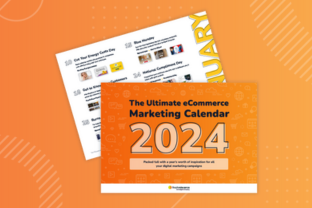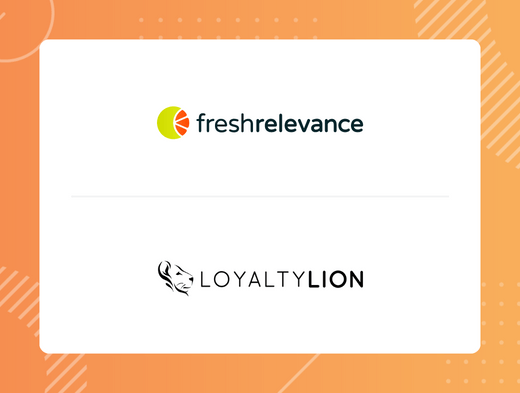Supporting a range of complex use cases in verticals such as retail, travel and publishing, Fresh Relevance now offers deeper personalization through support for product variants and SKU-level information, enabling our clients to increase the quantity and improve the accuracy of triggered messages and recommendations.
Fresh Relevance now supports product variants/SKUs which represent multiple variations of the same base product such as colors, sizes and more. Each variant inherits common properties from the base product, but could have different titles, images, prices, stock and tags.
If you have multiple variants of the same base product (for example a different SKU for each size and color combination, each with potentially different names, tag groups/tag values, prices images and stock levels) then Fresh Relevance can capture all of the common details into the base product, and all of the differences into product variants. Once in place, product variants allow for deeper personalization throughout Fresh Relevance.
Triggered Emails, Price Drop and Back-in-Stock
Product Variant/SKU support expands the abilities of triggered emails – they will now automatically show the relevant details (for example title, image and price) of the relevant variant(s) that were browsed, abandoned or purchased.
Clients have been utilizing price drop and back-in-stock email triggers by basing them on the price or stock status of their individual variants. So now if the price of a single variant/SKU of a product drops, then customers interested in that particular SKU will receive a triggered email. This works well in several situations, for example when only one color of a product has been reduced in price.
Tag Groups and Tag Values
Tag Groups and Tag Values are the primary way to categorize and filter items within Fresh Relevance in a way that can be indexed and used to learn a user’s intent. A Tag Group is a named category that can contain a Tag Value for each product. Tag Values sometimes differ between different variants/SKUs of a base product (for example colors and sizes) while some may remain constant (for example brand). Fresh Relevance supports working in both ways, giving maximum flexibility.
One way retail clients have been utilizing Tag Groups is by labeling clothing; they might sell different brands and so label them with the Tag Group “brand” and tag values such as “Nike” or “Levis”. These can then be utilized in product recommendations to target and filter the recommendations based on the inferred brand affinity of the individual shopper.
Recommendations & Best Tag Value Filter
Recommendations using personalized data sources (such as “Frequently Browsed”) will now by default show the relevant product variants that a customer has been browsing, producing a more engaging experience.
The “Best Tag Value” filter can be used to filter product recommendations based on the behavioral data of the customer.
One client has been utilizing their “shoe-color” Tag Group, using the “Best Tag Value” filter for their frequently purchased product recommendation. So that when a shopper had browsed a particular shoe color in the past (brown), they were only shown brown shoes in this recommendation, rather than colors of shoes they’d never previously shown an interest in.
Another use case would be to use Tag Group “clothing-type” with Tag Values of “t-shirt”, “dress”, “shoes”, “hats”. This would be great for recommendations or landing page personalization based on the type of clothing that shoppers are currently looking for.
Analytics / Advanced Customer Tagging
Advanced Customer Tagging within Analytics supports product variants in a similar way to the “Best Tag Value” filter above. You can choose Tag Groups to calculate the best Tag Value for each known person (for example to find their favorite brand) and sync this value to your ESP to use within segmentations or campaigns.
Final thoughts
By utilizing product variants and SKU-level information, businesses can take their personalization efforts to the next level and provide a tailored customer experience that converts.
Book a demo to find out how you could benefit from Fresh Relevance’s personalization functionality.







